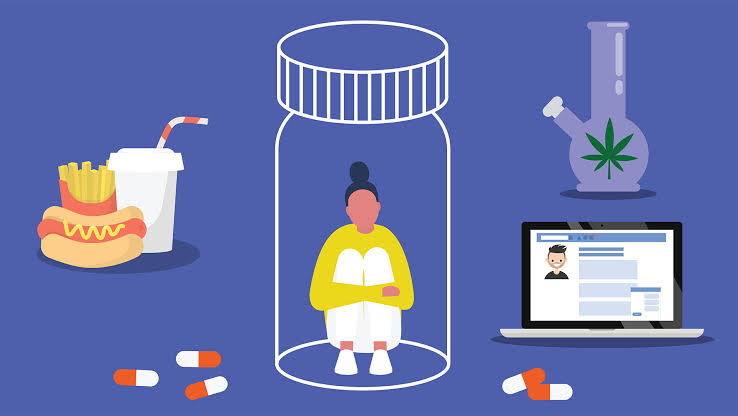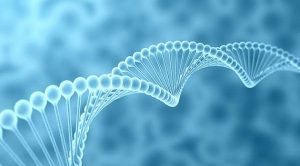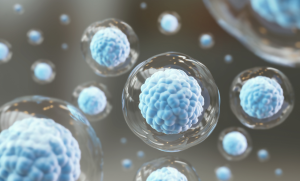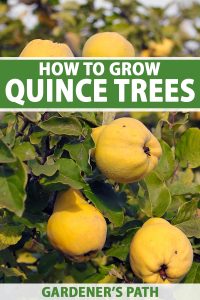6 Treatment for addiction that are proven successful

What is addiction?
An addiction is a persistent malfunction of the reward, motivation, and memory systems in the brain. It has to do with how your body needs a substance or habit, especially if it leads to an obsessional or compulsive desire for the “reward” and a lack of regard for the repercussions.
People usually in addiction find themselves unable to cease the addictive behaviour or refrain from using the chemical, in some cases they often lose their ability to regulate themselves too, they also find themselves inclining higher towards the habit or substance use.
Addictions often comes with denial and people who are engaged into it refuse to believe that what they are doing is causing harm to them or to the people around them.
How the addiction symptoms look like?
The majority of addiction symptoms are related to a person’s decreased capacity for self-control.
Addiction takes people through a variety of different symptoms,
Social issues, such seeking out conditions that support a substance or habit behavioural issues, like increasing secrecy Health-related issues, like insomnia or memory loss Personality-related issues.
Even if they are aware of the issues their behaviour is creating, a person with an addiction won’t change. They may occasionally exhibit a lack of restraint by using more than they meant.
Addiction is related with a variety of behavioural and emotional changes too which includes:
Inaccurate or inadequate evaluation of the benefits and drawbacks of taking substances or engaging in actions that place the blame for their issues on other variables or individuals.
Heightened anxiety, melancholy, and depression levels
Difficulty in identifying feelings, higher vulnerability to stress, and more extreme stress reactions.
Difficulty distinguishing between sentiments and the bodily sensations brought on by emotions.
A time comes when people are aware of the issue they are having and how their addicted behaviour interferes with other aspects of their life. When people understand the gravity of the condition, they would want to get rid of and would want to know how to stop abusing drugs or alcohol or any other substance. Most likely, when you first started, you had no intention of becoming hooked. You might have believed that you could stop at any point because you were only having fun.
When you stop using a substance or engaging in a behaviour to which you are addicted, you might suffer withdrawal symptoms. The moment you resume taking the substance or engaging in the action, these symptoms are momentarily eased. However, they disappear over time and frequently for good if you stop.
To help people with remedies and methods of getting rid of these conditions we have researched the effective methods that have proven to be successful in this field.
Here’s the 6 remedies:
1. Detoxification
A series of procedures known as detoxification are used to treat acute intoxication and withdrawal. It indicates a removal of toxins from the patient’s body who is very drunk and/or dependant on illicit drugs. The goal of detoxification is to lessen the bodily harm brought on by drug usage.
You can detox from addictive substances in a secure setting with medical assistance.
This is advantageous since unpleasant or even life-threatening physical symptoms of substance withdrawal might occasionally occur. Detox is frequently combined with other therapy because it does not address the underlying behavioural causes of the addiction.
2. Treating addiction with medication
Medication can assist folks in recovery stay sober by easing the challenging aspects of the treatment process. Because they are unable to handle the symptoms of withdrawal, many people who are trying to quit using drugs or alcohol relapse.
To address various withdrawal symptoms, different drugs are employed. Among the medications that doctors recommend for DRUG DETOX are:
Antidepressants
A drug addict’s brain cannot naturally manufacture the same levels of the chemicals that make them happy without drugs. People in detox frequently experience depression because they have been so dependent on drugs to make them happy for such a long time. Until the brain is able to once again manufacture happy-inducing chemicals on its own, antidepressants like Zoloft and Prozac can help alleviate these symptoms.
Medications for alcohol detox:
Naltrexone (Vivitrol)
Alcohol’s pleasant effects on the brain are produced by receptors that naltrexone disables. It curbs the desire to drink as well. Headaches or nausea may be brought on by naltrexone. Every four weeks, an injection may be administered.
Acamprosate (Campral)
This drug improves the physical and emotional pain brought on by alcohol addiction. After completing detox, recovering alcoholics can begin taking Acamprosate. Acamprosate lessens the desire to consume alcohol by reducing unfavourable emotions like anxiety and despair.
 Source: Google Images
Source: Google Images
3. Cognitive Behavioural Therapy
CBT cognitive behavioural therapy is a sort of psychological therapy that teaches patients how to recognise and alter the harmful or unsettling thought patterns that have an adverse impact on their behaviour and emotions.
The goal of cognitive behavioural therapy is to alter the automatic negative beliefs that might exacerbate our emotional problems, such as melancholy and anxiety, and contribute to them. Our mood is negatively impacted by these uncontrollable unpleasant thoughts.
Through CBT, false beliefs are exposed, refuted, and replaced with more accurate, realistic beliefs.
4. 12 step facilitation
Treatment for alcohol and drug abuse employs this approach. Recognizing that addiction has negative spiritual, social, and bodily impacts is part of group therapy. Acceptance, a connection to a higher power, and sporadic group sessions are the first steps in therapy.
Three main concepts of 12 step facilitation:
(1) acceptance, which entails realising that drug addiction is a chronic, progressive disease over which one has no control, that life has become unmanageable due to drugs, and that abstinence is the only other option.
(2) surrender, which entails submitting to a higher power, accepting the fellowship and support system of other recovering addicts, and adhering to the 12-step program’s recovery activities.
(3) active involvement, in the 12 step facilitation related meetings and activities
Although research on the effectiveness of 12-step programmes (including 12-step facilitation) in treating various types of substance misuse is still in its early stages, the approach seems promising for aiding drug abusers in maintaining recovery.
5. Contingency management
Alcohol, drug, and tobacco addictions are only a few of the many addictions that can be treated using contingency management (CM). By providing you with material rewards, condition management therapy reinforces your positive behaviour (maintaining sober). According to the National Institute on Drug Abuse, this kind of therapy has been utilised to prevent recurrence.
6. Self help groups
A self-help group is a mutual-aid organisation that offers support, education, and is typically change-oriented. Its members all share the same condition or life problem that needs to be addressed.
Self-help groups are made up of people who gather to talk about a shared issue that is typically embarrassing to them personally and for which they require more support than is offered by traditional therapy. They offer opportunities for group members to interact, find emotional support, make new friends, and cultivate teamwork with others. Self-help groups also offer the group participants a safe environment where they can learn and experience personal growth.








